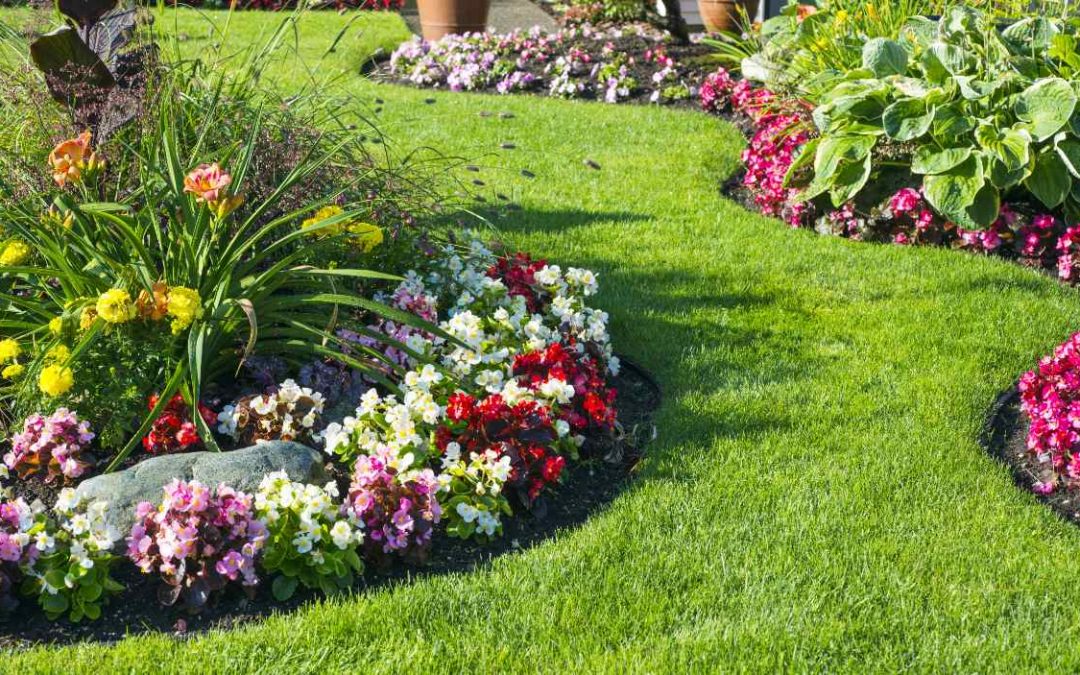Although both compost and mulch are great for a healthy garden, they serve different purposes. Using them together is actually counterproductive. Keep reading to learn about the differences between compost and mulch as well as when you should be using each one independently.
What Is Compost?
Compost is organic matter that’s decomposing. This can include kitchen scraps, grass clippings, leaves, manure, weeds and plant debris – as long it doesn’t have any disease-ridden insects or chemicals that could contaminate the compost.
It’s essential to have the perfect mixture of green and brown in your compost pile, as well as enough moisture, air circulation, turning of the pile, its size, ambient temperature, and worms or microorganisms that decompose the compost.
After the compost is fully decomposed, it turns into either organic matter or humus. You won’t be able to tell any of the original materials apart. Mature compost is dark brown and crumbly with soil-like particles, and it has an earthy smell.
What Is Mulch?
Mulch is defined as any material used to cover the soil surface. Although all compost contains organic matter, not all mulch is classified as organic. The most common type of mulches, which can be bought in bags or bulk at gardening centers, are wood chips or shavings, hardwood, and softwood bark.
There are three main types of synthetic, man-made mulches: rubber, plastic sheeting, and geotextiles. Geotextiles include landscape fabric, cardboard, newspaper, etc. Out of these options, only landscape fabric and cardboard decompose–plastic breaks down into smaller pieces over time (microplastics) and contaminates the environment.
The third group of mulches are materials that don’t degrade, but they’re natural: crushed seashells, gravel, pebbles, stone chips, and slate.
Can You Use Compost and Mulch Interchangeably?
Although both compost and mulch improve soil health, they should not be used interchangeably because they serve different purposes. Compost enriches the soil with nutrients while mulch protects plant roots and prevents weed growth.
Though mulches made of organic materials will eventually improve the soil’s quality withorganic matter and nutrients, there is a difference between types of mulch. For example, bark mulch and other woody materials take much longer to decompose than grass clippings and other fresh plant materials. The microorganisms in the soil need nitrogen to facilitate decomposition.
When to Use Compost vs. Mulch
Your decision to use compost or mulch depends on your goal. If you want to typically improve the quality of your soil by adding nutrients, you should mature the compost and work it into the uppermost layer of your garden soil. On the other hand, if irrigation is primarily what you’re worried about, apply mulch instead–preferably one that decomposes gradually so that improving your soil becomes an added benefit over time. The best solution would be a combination of both practices: recycle as much yard waste and kitchen scraps for compost while still mulching those garden beds.
At Legarden Designs, we can help you identify the best uses for mulch and compost in your gardens! We also provide seasonal reviews and yearly walkthroughs. Contact us today to learn more about what we offer!

